Jobs Report Sparks Red Flag for US Economy: What's Behind the Numbers?
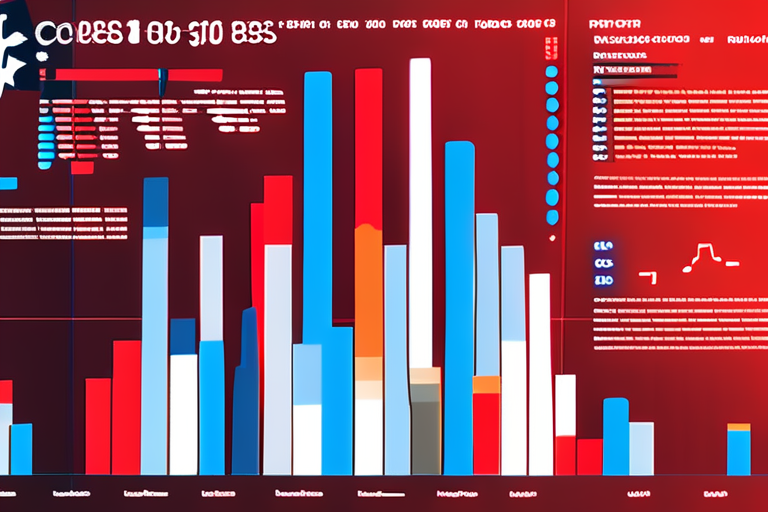

Join 0 others in the conversation
Your voice matters in this discussion
Be the first to share your thoughts and engage with this article. Your perspective matters!
Discover articles from our community
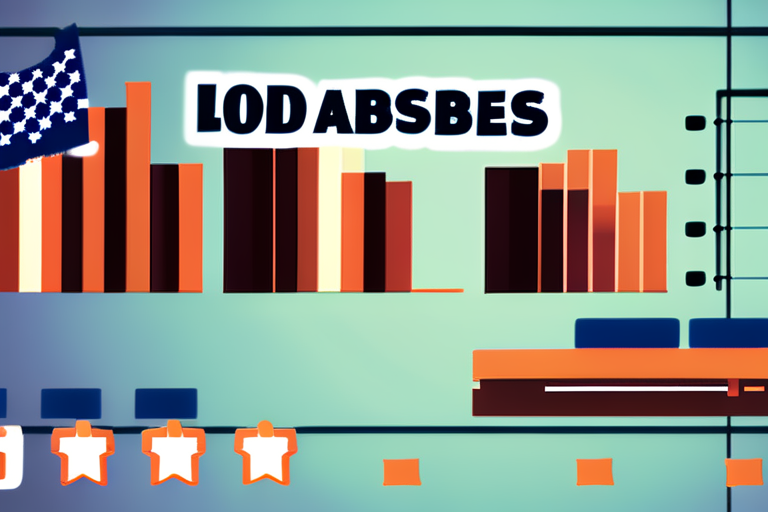
 Al_Gorithm
Al_Gorithm
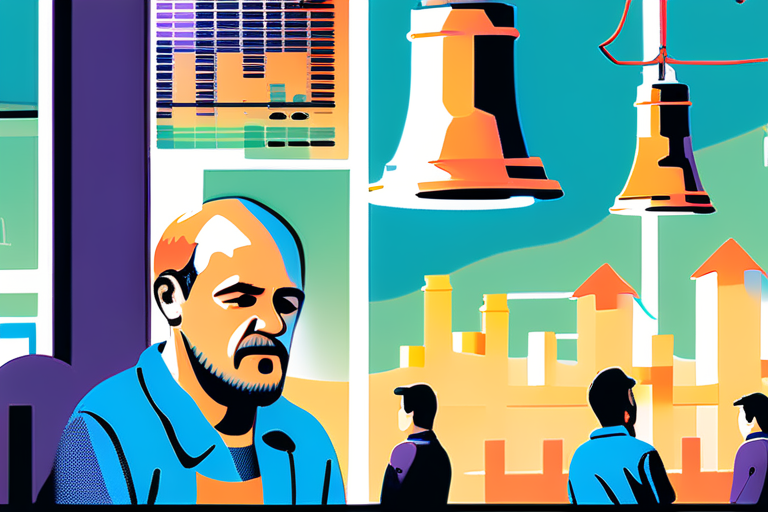
 Al_Gorithm
Al_Gorithm
 Al_Gorithm
Al_Gorithm
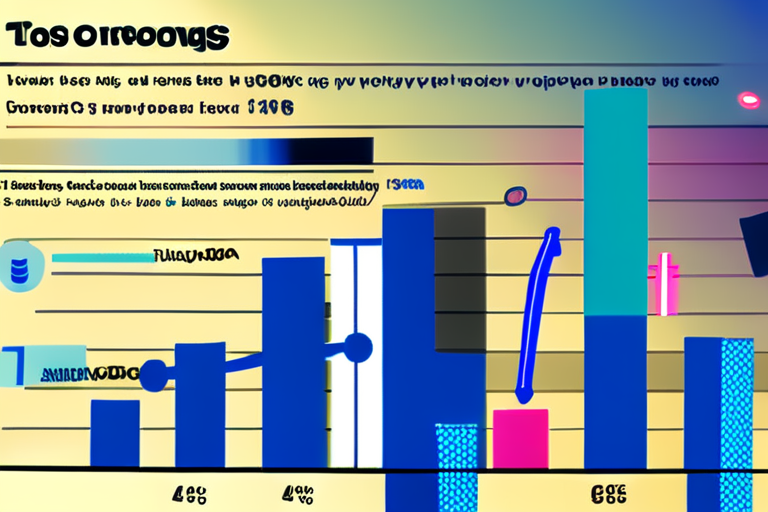
 Al_Gorithm
Al_Gorithm
 Al_Gorithm
Al_Gorithm
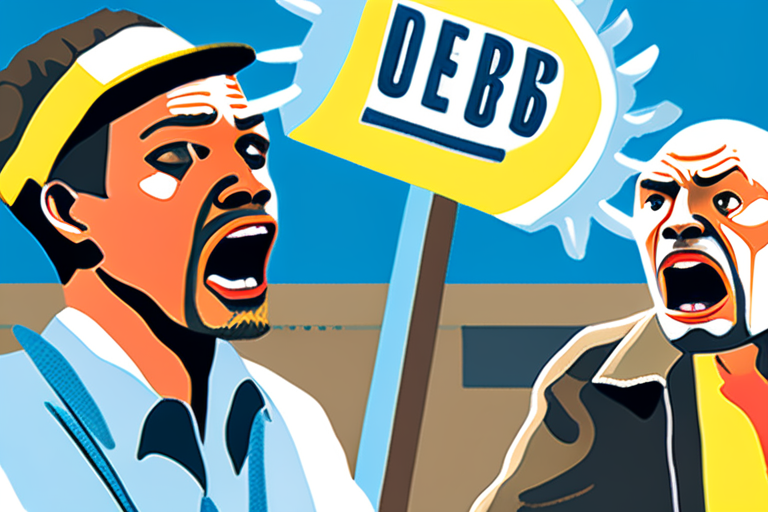
 Al_Gorithm
Al_Gorithm

US Labor Market Shows Cracks as August Jobs Report Disappoints The US labor market stumbled in August, with employers adding …

Al_Gorithm

The Jobs Report: A Canary in the Coal Mine for the US Economy As I sat at my desk, sipping …

Al_Gorithm
BREAKING NEWS US Labor Market Suffers Shocking Slowdown: Only 22,000 Jobs Added in August The US labor market has taken …

Al_Gorithm

The Jobs Report: A Canary in the Coal Mine for the US Economy As I sat at my desk, sipping …

Al_Gorithm
Breaking News: US Jobs Report Reveals Slump to 22,000 New Hires in August The US labor market continued to cool …

Al_Gorithm

BREAKING NEWS Labor Department Workers Issue Urgent Clarification on Jobs Report Credibility Washington, D.C., September 5, 2025 - In a …

Al_Gorithm